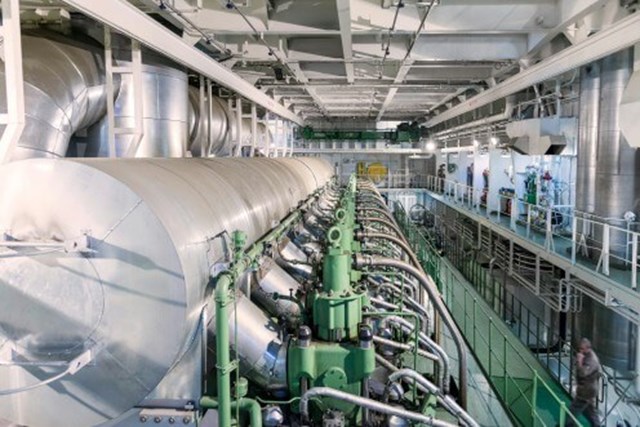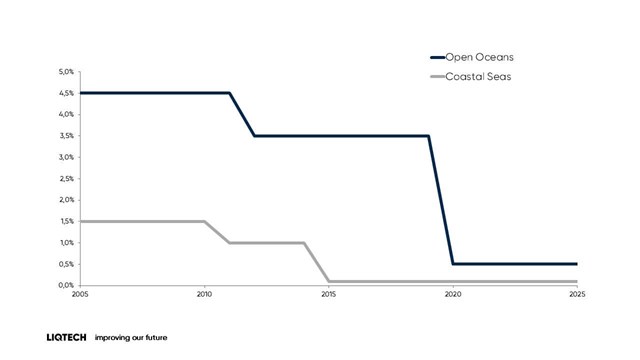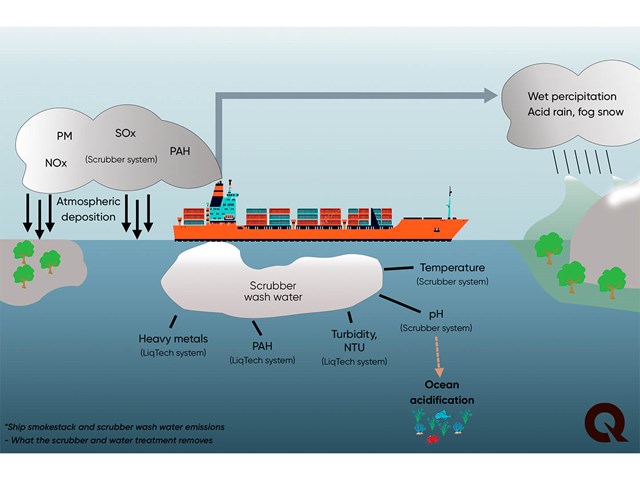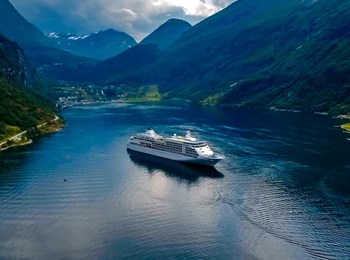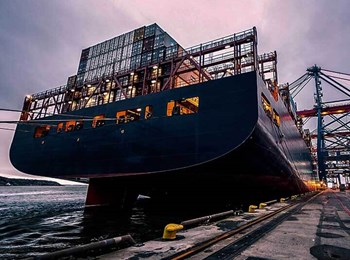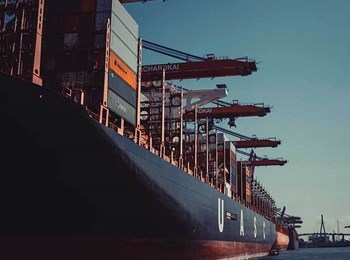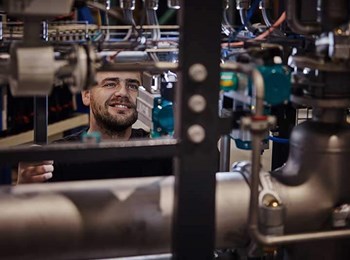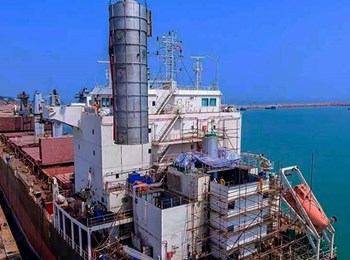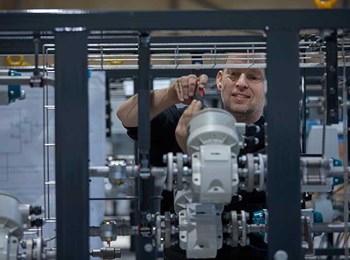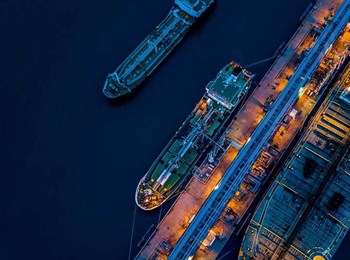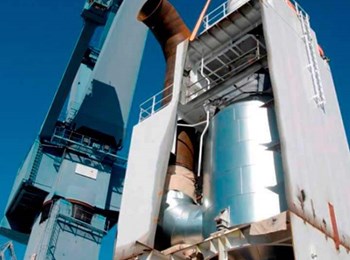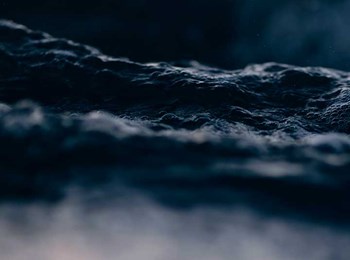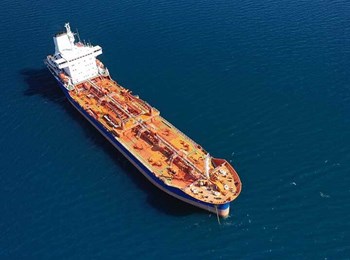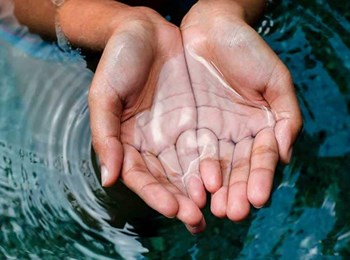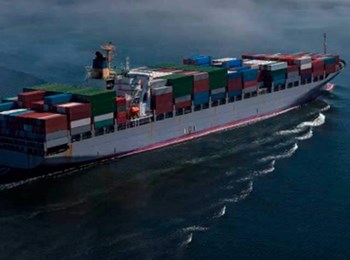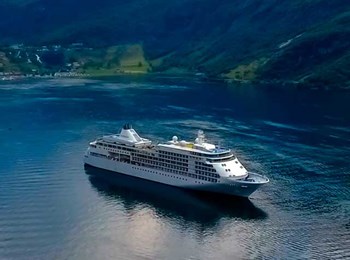The IMO released some IMO 2020 implementation guidelines after its 74th Marine Environment Protection Committee (MEPC) for a coherent and successful implementation of the sulfur limits. Here, it is clarified that every country that has ratified MARPOL and its Annex VI is responsible for enforcing and monitoring the vessels within its territorial waters. Moreover, the nations must report non-compliance to the relevant flag state, secure that compliant low-sulfur content fuel can be purchased within their jurisdiction, and implement shore-based facilities for scrubber waste discharge.
To comply with the IMO 2020 sulfur cap, ships may use different fuels with lower or zero sulfur – for example, liquefied natural gas, or biofuels. However, on board the ship, mixture and co-mingling or differing fuels are not recommended. Therefore, shipowners should refer to the relevant International Standardization Organization (ISO) standards (ISO 8217 and ISO/PAS 23263:2019). Shipowners are responsible for testing compatibility, stability, and other relevant characteristics of compliant fuels to be used. Furthermore, compliance can be gained by installing exhaust gas cleaning systems, known as scrubbers. The scrubbers limit air pollutants and are accepted if flag States approve as an alternative means to meet the sulfur limit requirement. A scrubber removes sulfur oxides from the ship’s engine and boiler exhaust gases, enabling ships with installed scrubbers to continue to use HFO in accordance with IMO 2020 sulfur cap.
If a vessel does not comply with the IMO sulfur regulations, severe sanctions are involved. Depending on the jurisdictions, the sanctions for violating the IMO 2020 sulfur cap can be debunking all non-compliant fuel oil, heavy fines, or imprisonment of the vessel’s caption. A vessel’s oil tank is designed to receive fuel oil, not pump it out. Therefore, debunking oil from a vessel is highly complicated and time-consuming.
